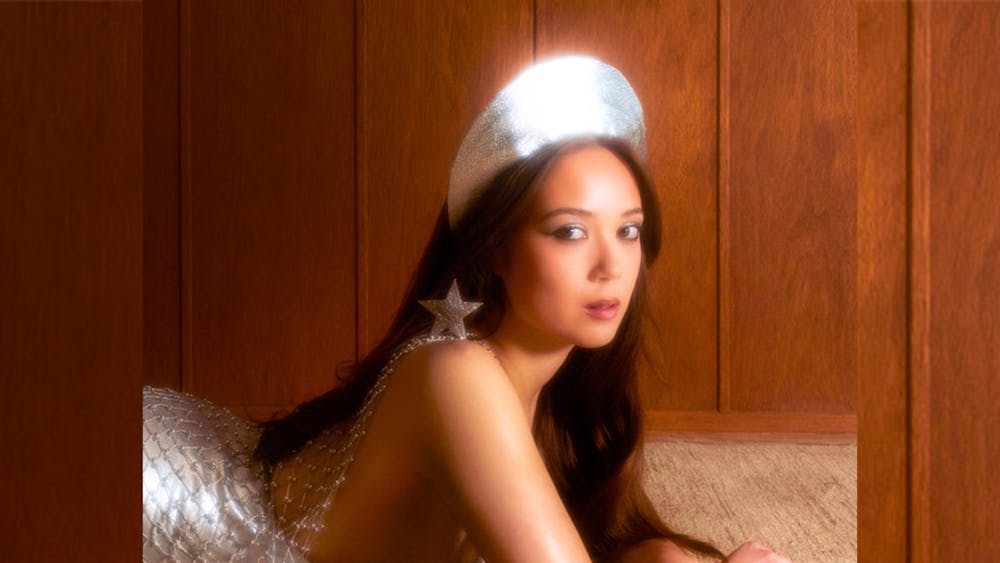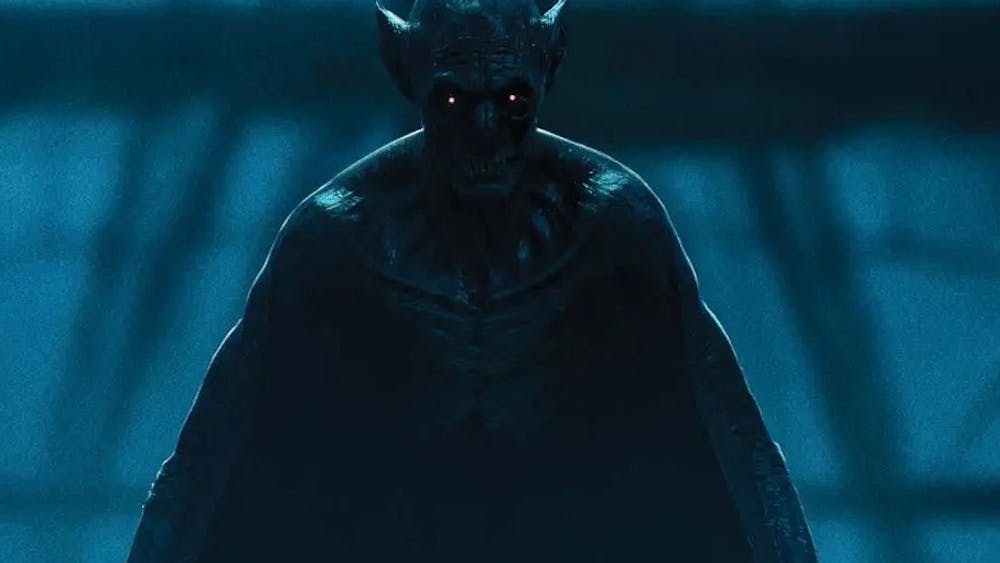The concert given by the Mendelssohn String Quartet Tuesday night at Auer Hall offered a fine chance to see a professional chamber group in action. The concert was one of many offered to the public during IU's 2002 Summer Music Festival, which runs through August. \nThe Mendelssohn Quartet, the first ensemble on the festival's calendar, hinted that it should be an exciting season. They opened the nearly two-hour long concert with Beethoven's youthful first quartet, Op.18 No. 1. The composer's popular early quartets bridged the gap between classical tradition and the drama of romanticism. Even this work, written by such a young man, showed signs of the revolutionary Beethoven would become. The players infused their performance with a sense of urgency and daring that made surprises such as the grand pauses in the adagio movement sound new again. \nThis is hard to do in the CD age, in which this music is heard so often that it's easy to take the masters for granted. This group, to its credit, made it sound as if they were exploring uncharted territory, and the audience responded enthusiastically. Ironically, the second piece on the program, "Ainsi la nuit" ("And then the night") by French composer Henri Dutilleux, came off far more predictably than the Beethoven piece, even though it's close to 200 years newer. I'm usually an admirer of Dutilleux's music, but aside from some spectacular colorful effects that he is known for, the piece did little to distinguish itself.\nCellist Marcy Rosen explained to the audience that the work was supposed to conjure up celestial images in the mind of the listener, but the group's oddly shapeless and dynamic-starved performance failed to get the earthbound performance off the ground. Most likely at fault was the artistic climate during which "Ainsi la nuit" was written (1976), a time when once-fashionable serial music was at its most redundant.\nThe concert ended with one of Beethoven's last works, the Quartet in A Minor, Op.132. What makes this piece so remarkable is that it was written when the composer's rising star had long since descended into a life plagued by illness, deafness and despair. Yet this quartet contains some of the most luminous music ever written and some of the most innovative as well. Keys shift abruptly, traditional rules of voice-leading are broken, and some shimmering phrases played over a drone in the second movement sound like an anticipation of minimalism by some 150 years. \nSome shaky intonation soured parts of the ethereal slow movement, which is particularly unforgiving because of Beethoven's unusually exposed part writing. But the ensemble playing was mostly tight and the musicians were responsive to each other. They did a fine job of highlighting the unique features of Beethoven's forward-looking music.\nThe flaws in the last piece seemed to show the group's fatigue after playing such a long concert of demanding music. Overall, the strength of the evening was in its imaginative programming. Featuring a modern work between the quartets that bookended Beethoven's life put their visionary qualities in perspective.
Mendelssohn String Quartet kick off Summer Music Festival
Get stories like this in your inbox
Subscribe





